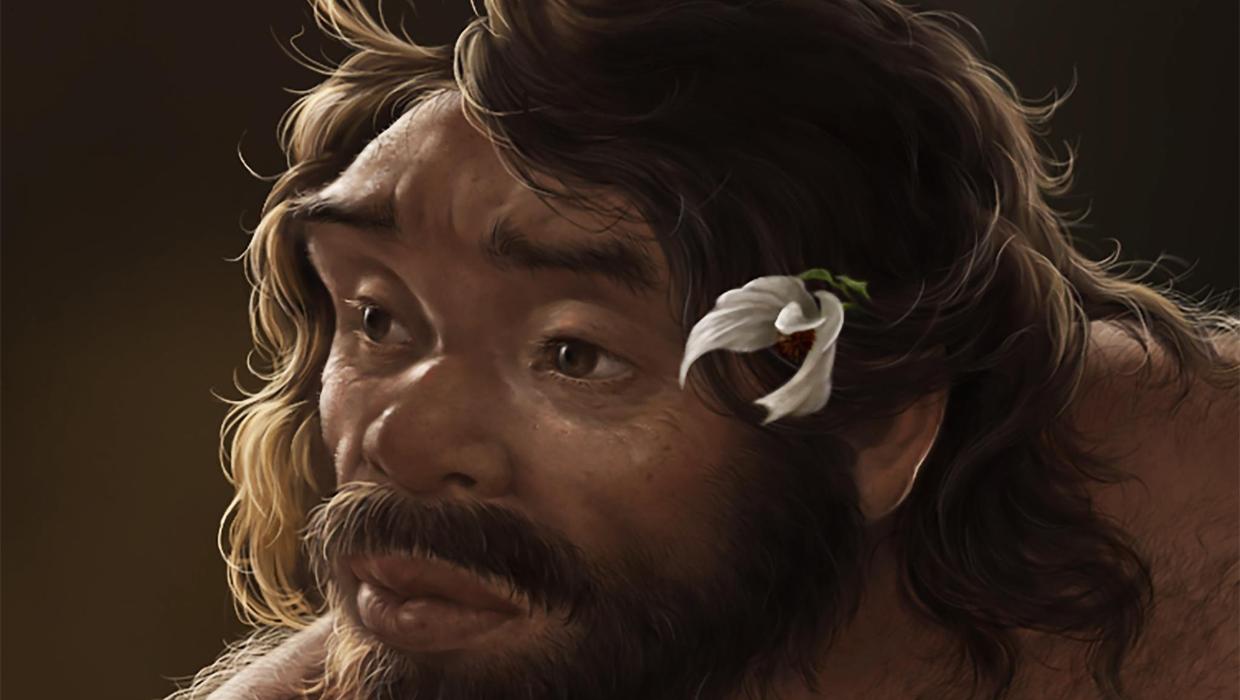Science
Fossil Skull Discovery Challenges Human Evolution Timeline

A recently uncovered fossilized skull is prompting a reassessment of the established timeline of human evolution. This groundbreaking find, believed to be around 2 million years old, may suggest that Homo sapiens and their ancestors emerged significantly earlier than previously documented.
The skull, discovered in South Africa, belongs to an ancient species of hominin known as Australopithecus. Researchers from the University of California, Berkeley, who conducted extensive analysis on the fossil, argue that it could provide crucial insights into the evolutionary process leading to modern humans. The study was published in a prominent scientific journal, highlighting the skull’s potential implications for our understanding of early human development.
This skull challenges long-held beliefs about the progression of human evolution, particularly concerning the timeline of our lineage. Traditionally, it was thought that the emergence of anatomically modern humans occurred around 200,000 to 300,000 years ago. However, the new findings suggest that significant evolutionary developments happened much earlier, possibly reshaping our understanding of how early hominins adapted and evolved.
Dr. John Hawks, an anthropologist at the University of Wisconsin-Madison, noted the skull’s unique features differentiate it from contemporary species. He emphasized the importance of such discoveries in revealing the complexities of human ancestry. “This find is a reminder that our evolutionary history is far more intricate than we often acknowledge,” he stated.
The implications of this discovery extend beyond academic interest. Understanding the timeline of human evolution can influence various fields, including genetics, anthropology, and even medicine. The research community is keenly interested in how this skull fits into the broader narrative of human origin, as it could provide new avenues for inquiry into our species’ development.
As researchers continue to analyze the fossil, they are using advanced techniques, including imaging and genetic analysis, to uncover more about its origins and characteristics. This multidisciplinary approach underscores the collaborative effort required to piece together the complex puzzle of human evolution.
The discovery of this skull not only raises questions but also invites further exploration into the lives of early hominins. What did they eat? How did they interact with their environment? These questions may lead to new insights that could redefine our understanding of humanity’s past.
In conclusion, the fossilized skull offers a tantalizing glimpse into a much earlier chapter of human history. As scientists delve deeper into the implications of this finding, the conversation surrounding human evolution is sure to evolve, challenging existing paradigms and inspiring future research.
-

 World1 week ago
World1 week agoPrivate Funeral Held for Dean Field and His Three Children
-

 Top Stories2 weeks ago
Top Stories2 weeks agoFuneral Planned for Field Siblings After Tragic House Fire
-

 Sports3 months ago
Sports3 months agoNetball New Zealand Stands Down Dame Noeline Taurua for Series
-

 Entertainment3 months ago
Entertainment3 months agoTributes Pour In for Lachlan Rofe, Reality Star, Dead at 47
-

 Entertainment2 months ago
Entertainment2 months agoNew ‘Maverick’ Chaser Joins Beat the Chasers Season Finale
-

 Sports3 months ago
Sports3 months agoSilver Ferns Legend Laura Langman Criticizes Team’s Attitude
-

 Sports4 weeks ago
Sports4 weeks agoEli Katoa Rushed to Hospital After Sideline Incident During Match
-

 Politics2 months ago
Politics2 months agoNetball NZ Calls for Respect Amid Dame Taurua’s Standoff
-

 World2 weeks ago
World2 weeks agoInvestigation Underway in Tragic Sanson House Fire Involving Family
-

 Top Stories2 weeks ago
Top Stories2 weeks agoShock and Grief Follow Tragic Family Deaths in New Zealand
-

 Entertainment3 months ago
Entertainment3 months agoKhloe Kardashian Embraces Innovative Stem Cell Therapy in Mexico
-

 World4 months ago
World4 months agoPolice Arrest Multiple Individuals During Funeral for Zain Taikato-Fox





















